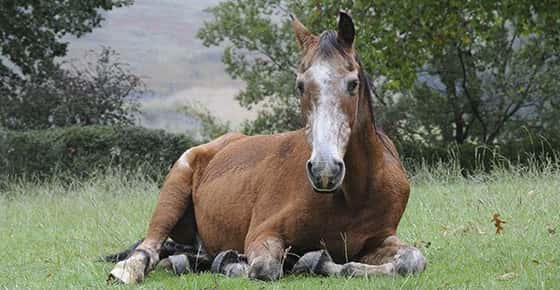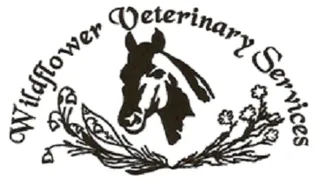
With proactive veterinary care, horses can live well into their late 20s and early 30s. In fact, the average life expectancy for most horses is now between 28 and 33 years. Basic senior wellness care includes dental care, balanced nutrition, and hoof care. This care ensures horses remain healthy and active.
Exercise
Older horses can still be active; in fact, regular exercise is essential for horses to maintain their health. However, it is important to keep in mind that older horses may not be as agile as they once were, so all day trail rides, jumping or sliding stops should be avoided. Rather than a long hard ride once per week, senior horses will benefit from several short rides throughout the week. However, if a horse becomes arthritic or otherwise unsound due to lameness, the owner may need to significantly cut back on load-bearing exercise.
Diet
As a horse ages, his diet will also need to be adjusted. Older horses do not absorb nutrients as readily as younger horses, so horse feed needs to be of a higher quality that can easily be digested. Hay cubes and other course forms of hay may be especially difficult for older horses to chew. As workload or exercise levels decrease, senior horses are also at risk for weight gain. Feeding should be carefully regulated to maintain your horse’s balanced nutrition intake and a healthy weight.
Dental Care
Older horses’ teeth also require additional care. Some teeth may wear into painful points or fall out, which can make it difficult and uncomfortable for your horse to chew. If a lot of grain or hay falls from a horse’s mouth while chewing, this is symptomatic that the horse may need their teeth checked. In general, a horse should have their teeth checked at least once every year; senior horses may require additional dental care.
Other Common Issues
Horse owners should keep a close eye on their horses’ overall health. For example, lumps under the skin could be indicative of tumors. Melanomas are increasingly common on light colored horses. Horses that do not shed out in the spring may have Cushings Disease, a pituitary gland dysfunction. Older horses are also more susceptible to colic. The earlier health problems are diagnosed, the more treatment options are available, which will lessen the impact on your horse’s health. A regular wellness evaluation by your equine veterinarian will help ensure your senior horse remains healthy and active.
Source:
Johnson,Edward L.; Duberstein, Kylee Jo; and Shuffitt, Mark. “Caring for the Older Horse: Common Problems and Solutions.” University of Florida.
